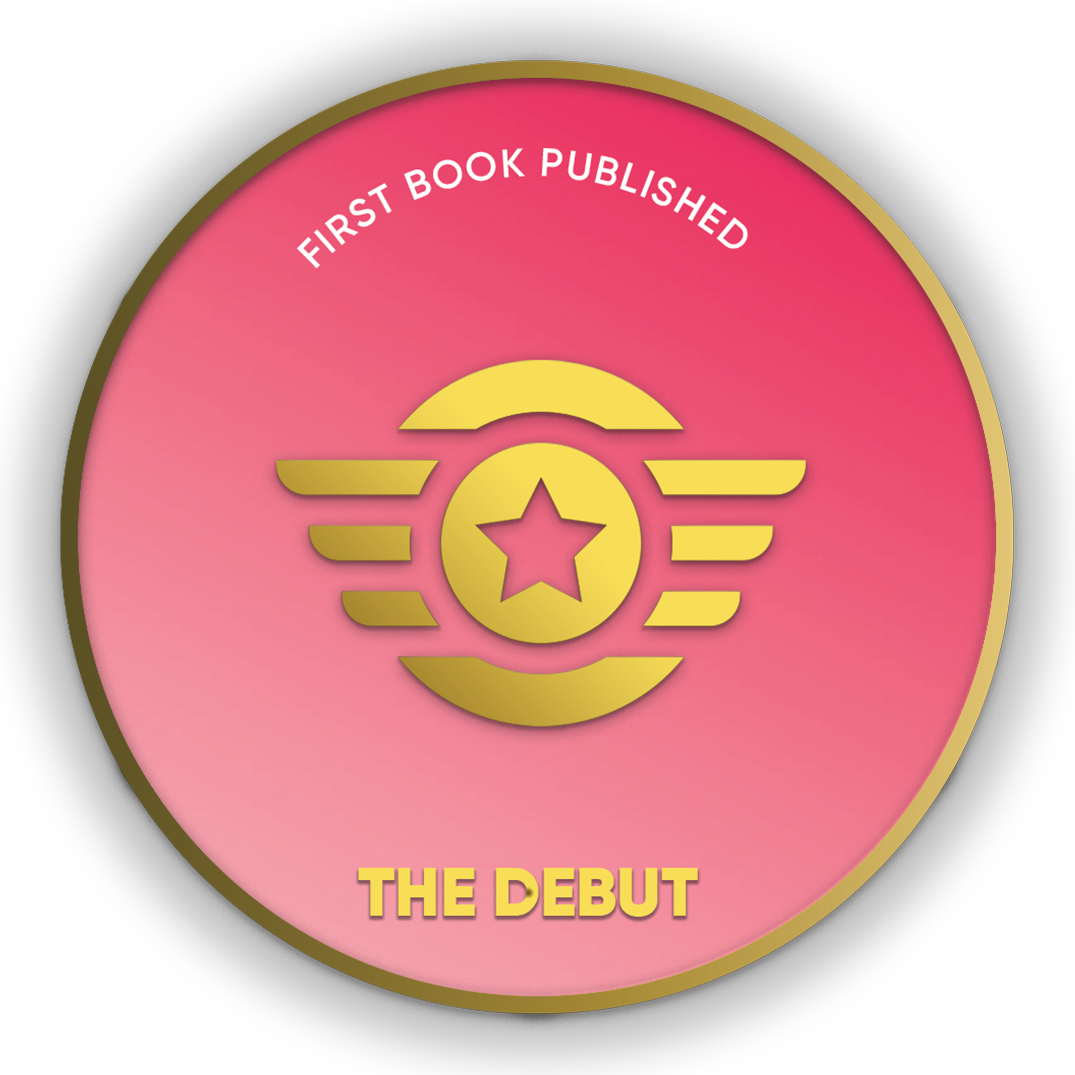
- Discover books
- For Writers
-
For Writers
-
Indie Author Championship
-
Challenges
Writing Contests
- Get Started

"It was a wonderful experience interacting with you and appreciate the way you have planned and executed the whole publication process within the agreed timelines.”
Subrat SaurabhAuthor of Kuch Woh Pal -
-
-
IN
- India
- Singapore
- Malaysia
- UAE
- 0
HATEM MOHAMMED AL-SHAMEA
Assistant Professor and AuthorDr. Hatem Mohammed Al-Shamea (حاتم محمد حاتم الشماع) is an assistant professor of English literature at the University if Reading, UK. He is also the editor-in-chief of Arab Literature and Translation Magazine & Press. He authored several books including 1) #Woman & Identity (2020) , 2) #Will-To-Power: A Search in the Shadows of Colonialism (2019), 3) An Arab Latin-American Cultural Dialogue (2019). His chapter titled “#Veiled Voices” is published by #Routledge, UK in 2020. Recently he has translated a collection of shor stories of #Entisar sseri titled "#The Holocaust#" Read More...
Dr. Hatem Mohammed Al-Shamea (حاتم محمد حاتم الشماع) is an assistant professor of English literature at the University if Reading, UK. He is also the editor-in-chief of Arab Literature and Translation Magazine & Press. He authored several books including 1) #Woman & Identity (2020) , 2) #Will-To-Power: A Search in the Shadows of Colonialism (2019), 3) An Arab Latin-American Cultural Dialogue (2019). His chapter titled “#Veiled Voices” is published by #Routledge, UK in 2020. Recently he has translated a collection of shor stories of #Entisar sseri titled "#The Holocaust#" and published it in April 2020. He has presented 17 papers in international conferences. His paper titled “Reanimating Life in Iraqi Body: An Analytical Study of Ahmed Saadawi’s Frankenstein in Baghdad” was accepted to be presented in #Oxford University, UK in 2018. He has also published fourteen papers in international journals. He is a peer reviewer of two international journals. Dr. Hatem Al-Shamea was invited to six international conferences as a resource person and a keynote speaker. He was also invited to deliver “Talks” on women, gender, and Arab literature at three colleges in Madras University, Chennai, India in 2019. Dr. Hatem taught English literature and translation in some universities in #Yemen.
Read Less...
Crop your profile image

Islam and Woman
Books by Hatem Mohammed Al-shamea
The Islamic interpretation of the Qur’an and Hadiths (Sayings of Prophet, Mohammed) has been made by men. Some Islamic reformists, men and women alike have agreed that it is not, in fact, the religion but patriarchal interpretation that has implemented Qur’an and Hadiths to exclude and oppress women. In this book, Hatem Mohammed Al-Shamea critically traces the hidden threads of patriarchy that led to the misinterpretation of the Qur’an. He co
The Islamic interpretation of the Qur’an and Hadiths (Sayings of Prophet, Mohammed) has been made by men. Some Islamic reformists, men and women alike have agreed that it is not, in fact, the religion but patriarchal interpretation that has implemented Qur’an and Hadiths to exclude and oppress women. In this book, Hatem Mohammed Al-Shamea critically traces the hidden threads of patriarchy that led to the misinterpretation of the Qur’an. He comes out with a new logical reading of the Holy Scriptures that validates the women’s rights and voices and brings them out of the shadows. Al-Shamea has used some Yemeni novels of Wajdi Al-Ahdal to apply the rational understanding of the Qur’an and Hadiths to dismantle the Arab sociopolitical dilemma which is created by the patriarchal interpretation of the Holy Scriptures as the Qur’an does not prescribe one unchanging and timeless social structure for both men and women. Al-Shamea breaks down some specific texts which have been exploited and employed to limit women’s private and public role, even to justify oppression, exclusion, and violence toward (Arab) Muslim women, revealing that the original context and meaning of those texts defy such patriarchal understanding and interpretation.
THE HOLOCAUST
Books by Hatem Mohammed Al-shamea
The Holocaust is a collection of short stories written by Entisar Asseri, the contemporary Yemeni short story writer. In this collection, Asseri opens a window onto Yemeni culture and society. She speaks of Arab values, new needs, marriage, love, sexuality, discrimination, equality, education, work, freedom and death. She also explores the relations between the sexes, and questions traditional norms and bequeathed customs as she asserts he
The Holocaust is a collection of short stories written by Entisar Asseri, the contemporary Yemeni short story writer. In this collection, Asseri opens a window onto Yemeni culture and society. She speaks of Arab values, new needs, marriage, love, sexuality, discrimination, equality, education, work, freedom and death. She also explores the relations between the sexes, and questions traditional norms and bequeathed customs as she asserts her own desire and aspiration. Invariably, Asseri takes a stand, be it rebellious, romantic, liberal, conservative, or radical.
Woman & Identity
Books by Hatem Mohammed Al-shamea
Woman & Identity is a critical study of women and her social status in both Arab culture and Latin-American culture. The book critically studies the origin of traditional norms that restict the women's freedom in the name of religion. It investigates the declining identity of Yemeni woman comparing it with the identity of the Western woman by analyzing the portrayal of woman in both Paulo Coelho's The Zahir and Wajdi Al-Ahdal's A Land witho
Woman & Identity is a critical study of women and her social status in both Arab culture and Latin-American culture. The book critically studies the origin of traditional norms that restict the women's freedom in the name of religion. It investigates the declining identity of Yemeni woman comparing it with the identity of the Western woman by analyzing the portrayal of woman in both Paulo Coelho's The Zahir and Wajdi Al-Ahdal's A Land without Jasmine.

Are you sure you want to close this?
You might lose all unsaved changes.
Select from one of our global stores to continue
 India
India
 Malaysia
Malaysia
 Singapore
Singapore
 UAE
UAE
Warning Message
The items in your Cart will be deleted, click ok to proceed.












